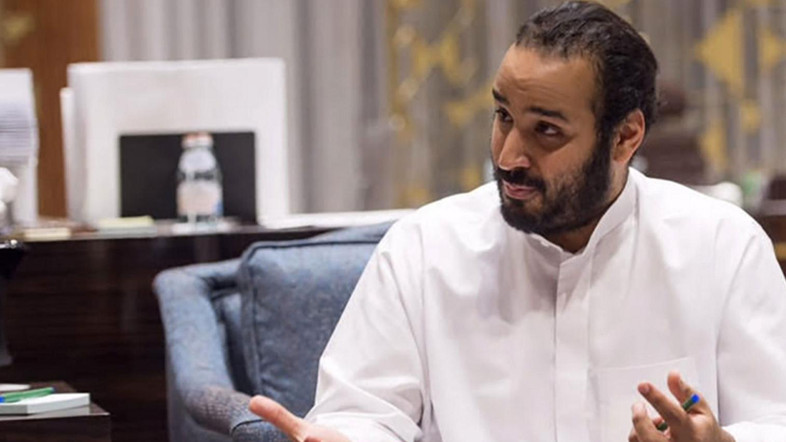- West-Saudi Tensions Lift Safe Havens; World Stocks Slip
Major stock markets slipped on Monday as rising tensions between Western powers and Saudi Arabia added to concerns over the pace of global economic growth, with investors flocking to traditional safe-havens like the Japanese and Swiss currencies, as well as gold.
Oil prices were little changed as the Saudi-West rift more than offset concerns over slowing demand for oil in the long term.
The yen JPY= touched a one-month high versus the greenback and the Swiss franc CHF= rose for the fourth session in five while gold XAU= hit its highest since late July.
Saudi Arabia’s King Salman on Monday ordered an internal probe into the unexplained disappearance of Jamal Khashoggi as a joint Turkish-Saudi team was expected at the Saudi consulate in Istanbul where the journalist and dissident was last seen on Oct. 2.
Turkish police have audio showing Khashoggi was killed at the consulate, sources told Reuters.
Over the weekend, prominent business people including JPMorgan’s (JPM.N) CEO Jamie Dimon and Ford (F.N) Chairman Bill Ford canceled plans to attend an investor conference later this month in Saudi Arabia, the world’s largest oil exporter.
U.S. crude CLc1 rose 0.55 percent to $71.73 per barrel and Brent LCOc1 was last at $80.72, up 0.36 percent on the day.
“If the Saudis don’t come to the rescue when the Iranian sanctions kick in… it’s going to be a very under-supplied market. That was the fear that was initially driving prices higher,” said Phil Flynn, an analyst at Price Futures Group in Chicago.
On Wall Street, major indexes were mixed, with defensive sector stocks rising after soft retail sales data. Apple (AAPL.O) was among the largest drags after a warning from Goldman Sachs regarding overall consumer demand from China.
The Dow Jones Industrial Average .DJI rose 126.36 points, or 0.5 percent, to 25,466.35, the S&P 500 .SPX lost 2.88 points, or 0.10 percent, to 2,764.25 and the Nasdaq Composite .IXIC dropped 4.89 points, or 0.07 percent, to 7,492.01.
The pan-European FTSEurofirst 300 index .FTEU3 rose 0.20 percent and MSCI’s gauge of stocks across the globe .MIWD00000PUS gained 0.05 percent.
Emerging market stocks lost 0.72 percent. MSCI’s broadest index of Asia-Pacific shares outside Japan .MIAPJ0000PUS closed 1.04 percent lower.
Japan’s Nikkei .N225 slumped 1.9 percent. Washington said it would seek a provision about currency manipulation in future trade deals with Japan.

 Forex3 weeks ago
Forex3 weeks ago


 Naira2 weeks ago
Naira2 weeks ago
 Billionaire Watch2 weeks ago
Billionaire Watch2 weeks ago




 Naira2 weeks ago
Naira2 weeks ago




 Naira2 weeks ago
Naira2 weeks ago




 Naira1 week ago
Naira1 week ago




 Naira3 weeks ago
Naira3 weeks ago




 Naira4 weeks ago
Naira4 weeks ago



















